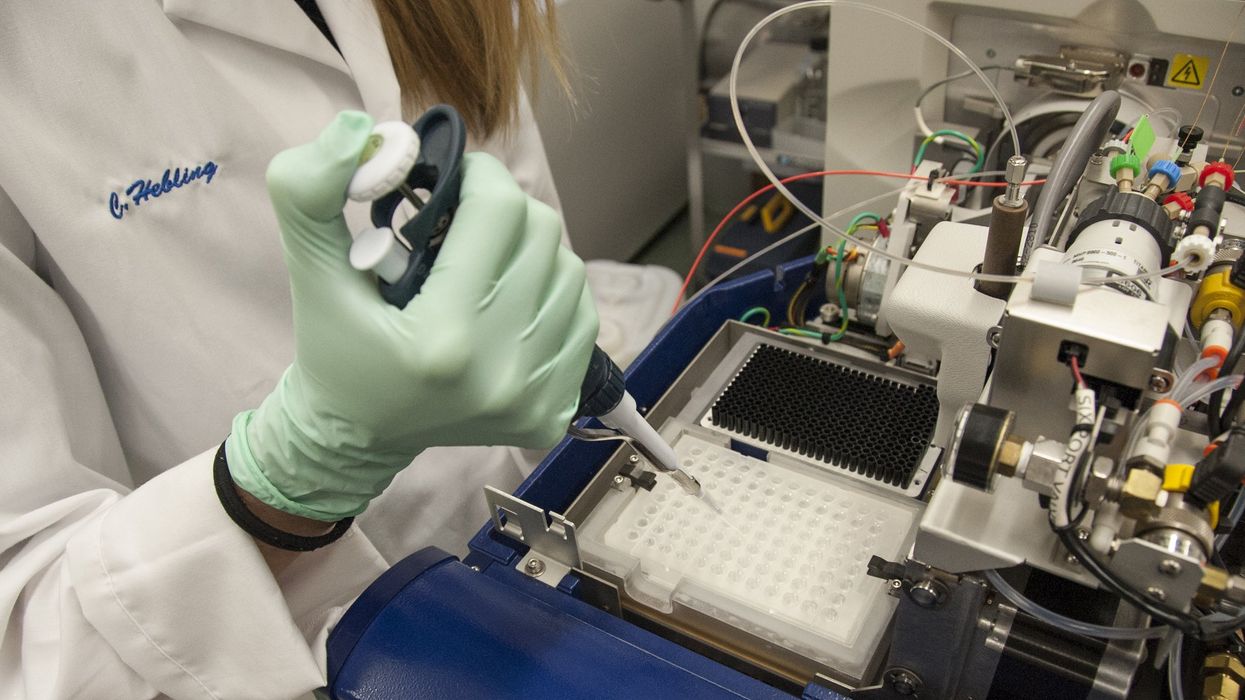
A new U.S. Food and Drug Administration food program, focused on chemical safety, could be an important step to ensure the food we feed our families is safe from harmful chemicals, health researchers said.
The Human Food Program will specifically reassess which artificial chemicals are allowed in food.
For decades, the FDA has allowed thousands of artificial chemicals to be part of the American diet either as ingredients like emulsifiers, flavors and sweeteners added to food or chemicals that leach out from packaging and processing equipment like bisphenol-A (BPA), phthalates and PFAS. Many of these were authorized decades ago and their safety hasn’t been reviewed. Last month, we uncovered how approvals for recycling plastic food packaging rely on industry data and has tripled over the past five years, despite research finding recycled plastic can be more toxic than virgin plastic.
Researchers and health advocates have repeatedly asked the FDA to bolster its efforts to regulate chemicals in our food and food packaging and have pointed to the much more health-protective standards in Europe by their FDA-equivalent, the European Food Safety Authority.
“While it largely flies under the public radar, the [FDA’s] neglect to update its testing to reflect modern science and modern food chemical hazards is a decades-long crisis that impacts all of our health,” R. Thomas Zoeller, a biology professor at the University of Massachusetts, Amherst, and Linda S. Birnbaum, the former director of the National Institute of Environmental Health Sciences and current scholar in residence at Duke University, wrote in an op-ed for EHN in May.
“The agency has fallen behind other nations’ testing and regulations and is not even following laws put in place nearly 70 years ago to keep us safe,” they added.
Now, the FDA announced is working to establish a new process to evaluate chemicals in food, including food and color additives, substances like flavorings, spices and phosphates, substances used in contact with food, and chemicals unintentionally present like environmental contaminants.
The change could impact the exposure risk from food, experts said.
The agency is holding a public meeting — virtual and in-person on September 25, and anyone can register here. You can also submit comments (any time before December 6).
See the full announcement and opportunities to participate in the meeting and comments here.
For an overview of what’s at stake, please see our past reporting and analyses below.
Is recycled plastic safe for food contact? If the company making it says so, according to the FDA
An open letter to the Food and Drug Administration Commissioner
When it comes to food chemicals, Europe’s food safety agency and the FDA are oceans apart
The FDA needs to start protecting us from obesity-promoting food chemicals
FDA fails to protect the public from chemical health risks
Europe’s revolutionary BPA proposal puts more scrutiny on US regulatory inaction
Get BPA out of food packaging, US health professionals tell feds





